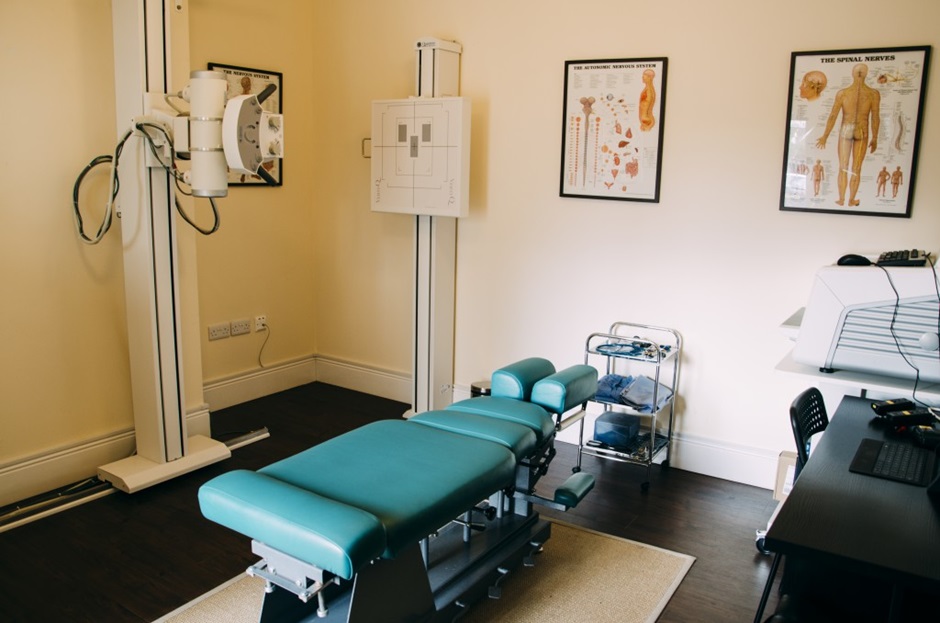When seeking chiropractic care, selecting the right chiropractic clinic is crucial for achieving optimal health outcomes. A well-chosen clinic can provide effective treatment, promote long-term wellness, and ensure a positive patient experience. To make an informed decision, consider the following key factors when evaluating chiropractic clinics.
1. Qualifications and Credentials
One of the first factors to evaluate is the qualifications and credentials of the chiropractors at the clinic. Ensure that the practitioners are licensed and have the appropriate educational background. Chiropractors should hold a Doctor of Chiropractic (DC) degree from an accredited institution and be licensed by the state board of chiropractic examiners. Additionally, inquire about any specialized training or certifications in areas such as sports injuries, prenatal care, or spinal rehabilitation. This information can help you determine if the clinic has the expertise necessary to address your specific health needs.
2. Range of Services Offered
Chiropractic clinics vary in the range of services they offer. Some clinics focus solely on spinal adjustments, while others provide a comprehensive array of treatments, including physical therapy, massage therapy, and nutritional counseling. Assess the services available at the clinic to ensure they align with your health goals. For example, if you are seeking post-injury rehabilitation, a clinic that offers additional services like physical therapy or rehabilitation exercises may be more beneficial.
3. Treatment Approach and Techniques
Different chiropractic clinics employ various treatment techniques and approaches. It’s essential to understand the methodologies used by the clinic and ensure they align with your preferences and needs. Common techniques include diversified chiropractic adjustments, activator methods, and decompression therapy. Some clinics may also incorporate alternative therapies such as acupuncture or electrical stimulation. Research the techniques offered and discuss them with the chiropractor to determine if they are suitable for your condition.
4. Clinic Environment and Atmosphere
The environment and atmosphere of the chiropractic clinic play a significant role in your overall experience. Visit the clinic in person, if possible, to assess its cleanliness, organization, and comfort. The clinic should have a welcoming and professional ambiance, with well-maintained facilities and up-to-date equipment. A positive environment can enhance your treatment experience and contribute to a more comfortable and effective healing process.
5. Patient Reviews and Testimonials
Patient reviews and testimonials provide valuable insights into the quality of care provided by the chiropractic clinic. Look for reviews on the clinic’s website, social media pages, and third-party review platforms. Pay attention to comments about the effectiveness of treatments, the professionalism of the staff, and the overall patient experience. While individual experiences may vary, consistently positive feedback can be an indicator of a reputable and reliable clinic.
6. Insurance and Payment Options
Understanding the insurance and payment options available at the chiropractic clinic is crucial for managing your healthcare costs. Inquire whether the clinic accepts your insurance plan and what coverage is provided for chiropractic care. Additionally, ask about payment plans or financing options if you are paying out-of-pocket. Transparency regarding costs and payment options can help you avoid unexpected expenses and ensure that you receive the care you need without financial strain.
7. Accessibility and Location
The location and accessibility of the chiropractic clinic are practical considerations that can impact your decision. Choose a clinic that is conveniently located and easily accessible from your home or workplace. Consider the clinic’s office hours and whether they align with your schedule. Additionally, check for parking availability and public transportation options if needed. Convenient access to the clinic can make it easier to maintain regular appointments and adhere to your treatment plan.
8. Initial Consultation and Communication
An initial consultation provides an opportunity to assess the clinic’s approach and determine if it is a good fit for you. During this visit, evaluate how the chiropractor communicates and whether they listen to your concerns and questions. Effective communication is essential for establishing a positive therapeutic relationship and ensuring that your treatment plan is tailored to your specific needs. Take note of how thoroughly the chiropractor explains your condition, treatment options, and expected outcomes.
9. Referrals and Recommendations
Referrals and recommendations from trusted sources can be valuable when choosing a chiropractic clinic. Seek recommendations from friends, family, or healthcare providers who have had positive experiences with chiropractic care. Personal referrals can provide firsthand insights and increase your confidence in selecting a reputable clinic.
Conclusion
Choosing the right chiropractic clinic is a critical step toward achieving optimal health and wellness. By considering factors such as qualifications, range of services, treatment approaches, clinic environment, patient reviews, insurance options, accessibility, initial consultation, and referrals, you can make an informed decision and select a clinic that meets your needs. Prioritizing these considerations will help ensure that you receive high-quality care and support on your journey to improved health.

